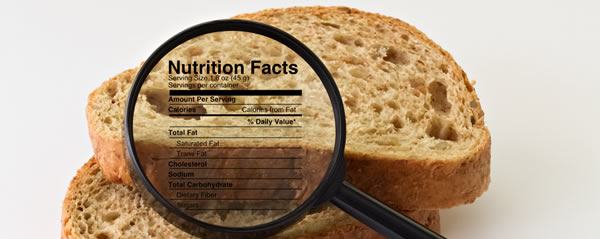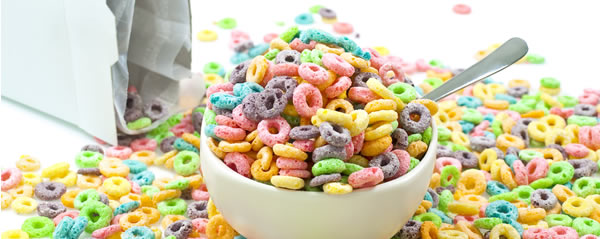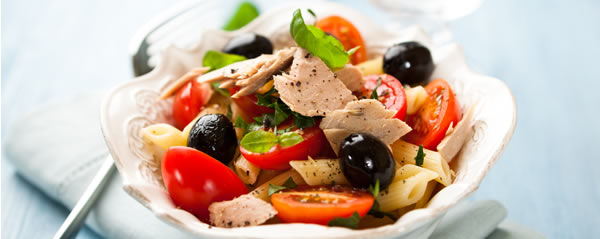How did they study the intake of carbs?
Recent research conducted at the University of Surrey aimed to examine the differences between eating carbs in the morning or at night as part of an evening meal. The method involved the participants taking part in the study eating the same amount of some popular sources of carbohydrates which included bread, pasta and starchy vegetables. Throughout the first 5 days, carbohydrate intake was to be in the morning, followed by a break of normal eating for a number of days, before then switching to a low-carb breakfast option and consuming their carbohydrates as part of their evening meal instead. Blood sugar levels were analysed throughout the study and the results were in!
What did the results look like?
The results showed that eating carbohydrates later in the day and opting for a low-carb breakfast instead (vs. eating a high carbohydrate breakfast) had significant, beneficial effects on the participants’ blood sugar responses.
What do we mean by blood sugar responses?
When we eat carbohydrates we release a hormone called insulin into our blood-stream. Insulin’s job is to work away in order to clear the glucose into our tissues. Now, depending on the type of carbohydrates we eat, which other foods we eat alongside the carbs, plus, potentially the time of day, our response to the carbohydrates can change.

This means how much insulin we release and how effective is at clearing the glucose from our blood, can become affected. If this all happens too quickly (for example if you eat refined sources of carbohydrates such as ‘white’ varieties of carbohydrates and processed items containing lots of sugar) then you will experience a surge in insulin followed by a crash in your blood sugar levels which can give rise to hunger pangs and cravings.
However, if this doesn’t happen efficiently enough, this can be troublesome too. See, over time, your cells get tired of the extreme highs in blood sugar and the demands for insulin and eventually, they don’t respond so well. This is called insulin resistance. Blood sugar levels soar as the actions of insulin are dampened and this state is a precursor to type 2 diabetes.
Ideally, we want our blood glucose levels to remain nice and steady which suggests our responses to insulin are also optimal.
So, what’s the problem with eating carbs for breakfast?
Breakfast is often hailed as the ‘most important meal of the day’ and it’s certainly important to start the day right. Traditionally, breakfast has always been carb-heavy with cereals and toast being popular choices. However, my advice has always been to try and incorporate more protein or healthy fats into your breakfast, and it seems that this advice may be more relevant than ever in light of these new results!

Could it be that insulin responses are more sensitive in the morning? Possibly, there is some evidence to suggest this due to all of the other hormonal changes that go on to wake you up and prepare you for the day ahead. So, limiting those carb-heavy breakfasts might just be worth considering.
Is it safe to eat carbs after 6pm or not?
Is it a myth or not that we shouldn’t be eating carbs after 6pm? Well, from the results of this study it seems that you might be safer to indulge in some carbs a bit later in the day. But that’s not to say you can go overboard.
Having some carbohydrates as part of your evening meal is perfectly acceptable, although, just as with breakfast, it’s undoubtedly better when it’s in proportion with some good quality protein and some healthy fat components. But, in many cases, it could be sweet treats later on in the evening after your main meal, that aren’t so clever. Biscuits or toast before bed can easily cause your blood sugar levels to wobble and these habits will be much more likely to give rise to hunger pangs and cravings. When we settle down for the night insulin is at an all time low which means your blood sugar will also settle, so we don’t want to disrupt this.

My take on it all
Now, let’s just sum all of this up as I present my advice on carbs going forward!
Carbs in the morning
It looks like we could be more sensitive to the changes in blood sugar and insulin in the morning but the jury’s still out on this one, so my advice is to opt for a well balanced breakfast. I’m not a big believer in extreme diets so no need to go completely carb-free but I do agree that too many breakfast options are carbohydrate heavy which is unlikely to be doing us any favours! Make sure you’re including some good quality peanut butter, eggs, nuts or seeds into your first meal of the day in order to supply a good source of protein, slow the release of those carbs, support your blood sugar levels for longer and not to mention, help to keep you feeling fuller for longer – bonus!
Carbs for dinner
It seems that we may be able to tolerate carbs slightly better later in the day which is promising, but that’s not an excuse to have a binge! I still want you to enjoy your evening whilst also continuing to support your blood sugar do. Like the oh-so healthy Mediterraneans do, use pasta to compliment the veggie packed sauce rather than be the staple of the meal, and limit the mountains of rice, bread, or potatoes in various forms on the side of your plate. Keep colourful veggies as a priority and add healthy sources of fat and protein such as oily fish, lean meats, and tasty oils to flavour your dishes and up the essential fatty acid and protein count.

Carbs after dinner
Many of us are in the habit of eating after dinner when this really isn’t necessary. Eating carbs after 6pm may not be so much the issue, but it’s adding those extra carbs to your total daily intake that is! With a healthy, balanced dinner a moderate insulin release will help keep your blood sugar steady which will help keep hunger pangs, stressy mood swings and energy levels more stable until bedtime. So, don’t mess this up by indulging in a carbohydrate-heavy supper! In time, your body will no longer rely on that sweet fix mid evening and you’ll feel more content without it.





 Looking for our products in a store near you?
Looking for our products in a store near you?


